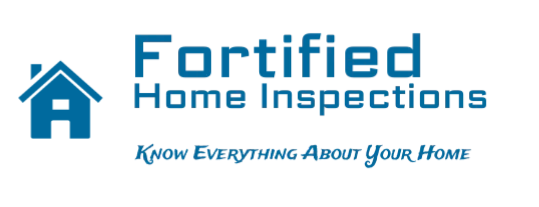Our Services
Lorem ipsum dolor sit amet, consectetur adipiscing elit, sed do eiusmod tempor incididunt ut labore et dolore magna aliqua.
Home Inspection ($350)
As a home buyer, the home inspection is your last chance to uncover defects with the house — and potentially get the seller to pay for them — before sealing the deal.
Additionally, if a professional home inspection reveals serious problems with a property, potential buyers can back out of the home purchase or renegotiate the sale price, provided they have a home inspection contingency in their purchase agreement.
Radon Testing ($125)
Most home inspectors use specialized methods to detect radon's level of presence in a home. While every home has a standard radon level, it's important that you bring in an expert to test often so you know what you're dealing with.
Here’s what to expect during a Home Inspection:
A home inspector will look at the interior and exterior parts of home like the foundation, structural components, roof, HVAC, plumbing, and electrical systems, then provide a written home inspection report with results
A home inspection generally takes two to four hours, but may take more time depending on the size of the house. After the physical inspection, the home inspector may take a couple of days to send the written report
Buyers should attend the inspection so they can explore their new home in detail and ask questions during the process. This can give you much more information than the report alone.
What is Radon and How Does it Hurt You?
Radon is a hazardous, cancerous gas you’re unable to see, smell, or taste. If you breathe in enough of the gas, its radioactive properties will harm your lungs. Radon gas breaks down in unstable ways, sending powerfully charged, radioactive particles into your lung cells.
The outcome? An increased risk of lung cancer. Most people don’t know they should conduct regular radon testing in their current home, and again if you choose to sell or buy a new home.
Sub-Service Three
What is Radon and How Does it Hurt You?
Radon is a hazardous, cancerous gas you’re unable to see, smell, or taste. If you breathe in enough of the gas, its radioactive properties will harm your lungs. Radon gas breaks down in unstable ways, sending powerfully charged, radioactive particles into your lung cells.
The outcome? An increased risk of lung cancer. Most people don’t know they should conduct regular radon testing in their current home, and again if you choose to sell or buy a new home.
Book a Consultation
Lorem ipsum dolor sit amet nullam vel ultricies metus, at tincidunt arcu.

